Long Weekend Trading Hours: Our showroom will be closed from Saturday 29th October and will reopen on Wednesday 2nd November at 9am.
Our Tile Collection
Looking for tiles in Melbourne? Our tile collection features a great range of stunning and cutting-edge designs from Europe and across the globe. Everything from Bathroom, Concrete, Decorative, Floor, Kitchen, Large Format, Outdoor, Pool, Stone, Terrazzo, Timber, Wall Tiles, Mosaics and more.
FAQ
What is a Porcelain Tile?
Porcelain tiles is made from a pure blend of high quality clay and sand. They are commonly used to cover floor and walls, with an absorption rate of less than 0.5%.
The clay used to build porcelain tiles is quite dense. They can either be glazed or unglazed. Porcelain tiles have high silica content and result in materials that have all of the characteristics of silica itself once fired which is low water absorption, high chemical resistance, high abrasion resistance, and good overall wearability.
Which is better a porcelain or ceramic tile?
Porcelain compositions are denser and thus less porous than ceramic compositions. This makes porcelain tiles harder and impervious to moisture than ceramic tiles. Due to its body composition, it is considered more durable and better suited for heavy usage (such as floors) than a ceramic tile.
Do I need to seal porcelain tiles?
The majority of our tiles are glazed porcelain and do not need sealing. Porcelain tiles are milled, and sprayed dry to small particle size distributions before being pressed and fired at 1200 degrees Celsius- this results in a nonporous material and therefore sealing is not required.
There are some unglazed tiles on the market, they are generally vitrified porcelain. You could seal these tiles if you wished using a suitable product.
What is the best way to clean tiles?
Porcelain tiles are very low maintenance and easy to clean. Although dirt and grime can accumulate over time, some regular light cleaning will keep them looking as good as new.
A good homemade solution is to use hot water and a dash of methylated spirits. Avoid all soap-based products as they can leave a thin film on the tiles that will attract more dirt. For stubborn stains try Jiff and a rough brush, and wash thoroughly with water.
Alternately, if these remedies do not work, you may require a more soluble tiling cleaning product specific for porcelain tiles that you can source from good hardware stores.
Which tile size should you choose?
The tile industry as a whole is moving towards larger format tiles, as technology and the demand increases. A standard tile size in today’s market is 60x60cm. This size generally works in all spaces including smaller rooms.
We specialise in larger format tile sizes being 60x120cm, 120x120cm and 300x100cm slab formations. Tiles of this format are utilised and are beneficial in expansive open areas, eg: living areas, and master ensuites. We recommend these sizes for areas where the space itself can take as many full size tiles as possible; this in turn will mean minimal waste and give the overall feeling of grandeur.
It is best to keep in mind when choosing the size of the tile that there is a focus on elimination of grout lines- to ensure a seamless atheistic. If you aim for small tiles and mosaics, this can add to the busyness and detract from giving a feeling of openness.
What is a ‘slip rating’ for tiles?
| Wet Pendulum Slip Rating | Slip Resistance Value (SVR) |
| P0 | |
| P1 | <20 |
| P2 | 20-34 |
| P3 | 35-39 |
| P4 | 40-44 |
| P5 | >44 |
Can tiles chip or crack easily?
Porcelain is incredibly hardwearing, dense and is resistant to most heavy stresses.
It is very difficult to chip or crack tiles that are already glued down. If a chip in the tile were to occur most tiles are coloured body – which means the same colour on the surface of the tile will show.
Should cracks in a tile develop it is usually the result of other causes. In those cases, cracks in a concrete slab can cause tiles to crack. Faulty application of the thin-set adhesive is also a common defect. Installers may not apply enough glue or fail to apply a sufficient amount on the back of the tiles.
Can I put a ceramic/porcelain tile over existing tiles?
What type of finishes do porcelain tiles have?
Porcelain tiles have different finishes, designed and created for various uses and emulating different looks from concrete, to stone and timber. See below for an overview of the types of finishes you can expect to find for porcelain tiles.
Mat – Flat finish and often with some form of texture.
Honed – Ultra smooth. Many tiles that have a honed finish are stone interpretations of travertine or marble.
Lux/Polish – High shine or mirror glaze finish. Tiles in this finish often accentuate the vibrancy of colour and print, and also reflect and bounce light off the tile.
Structured – Rough finish, generally for external finishes, including outdoor areas, swimming pools or high public traffic areas where slip rating is important.

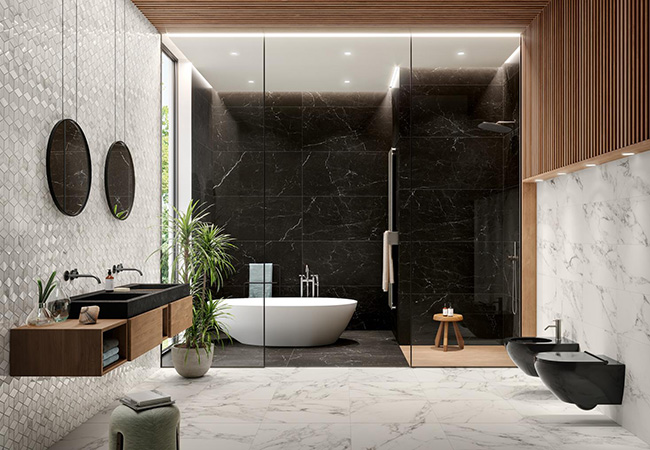
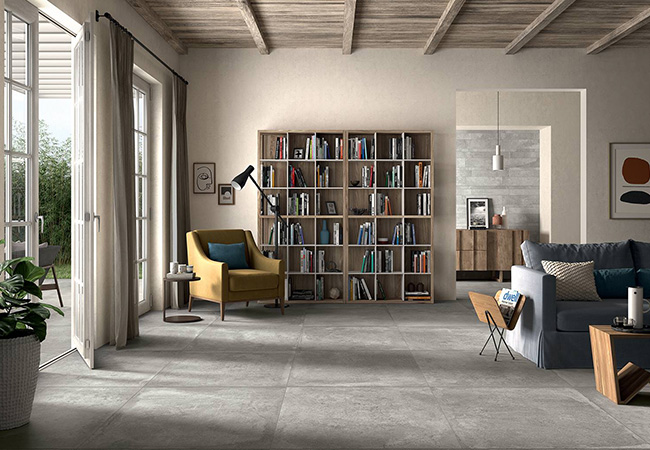
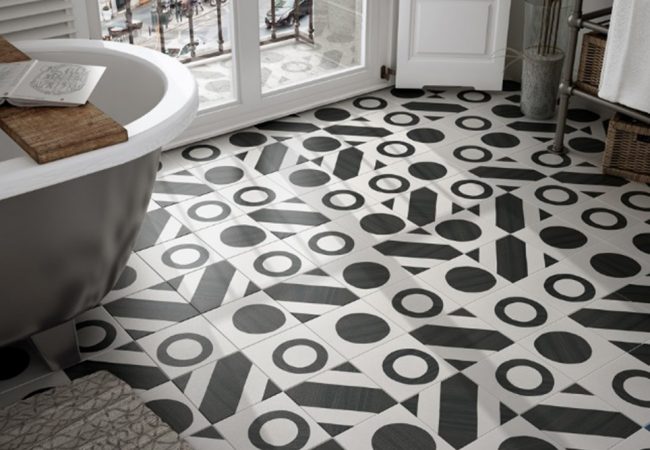
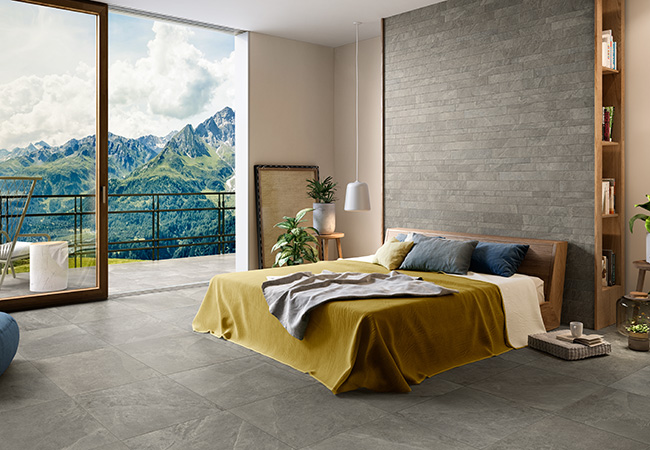
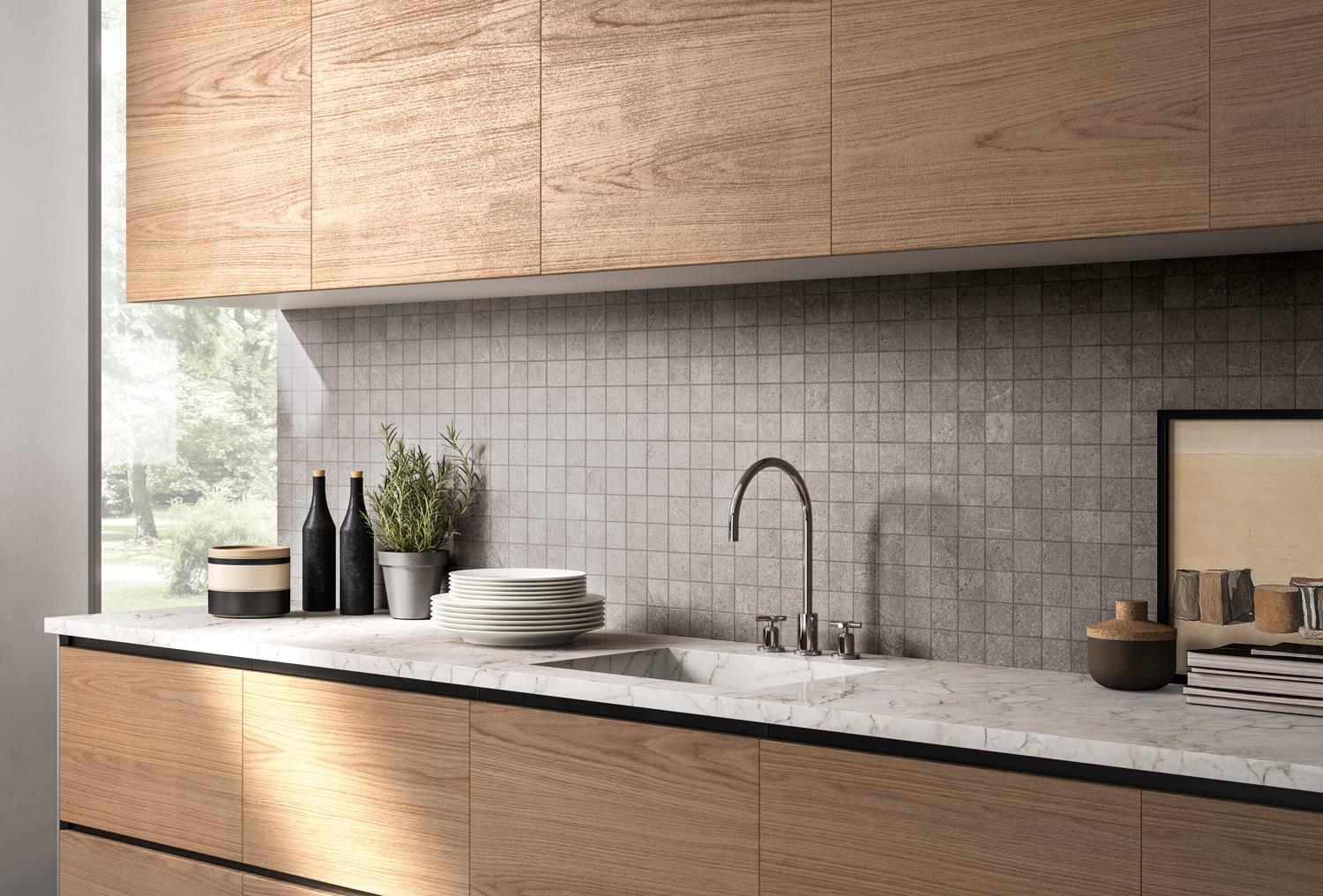
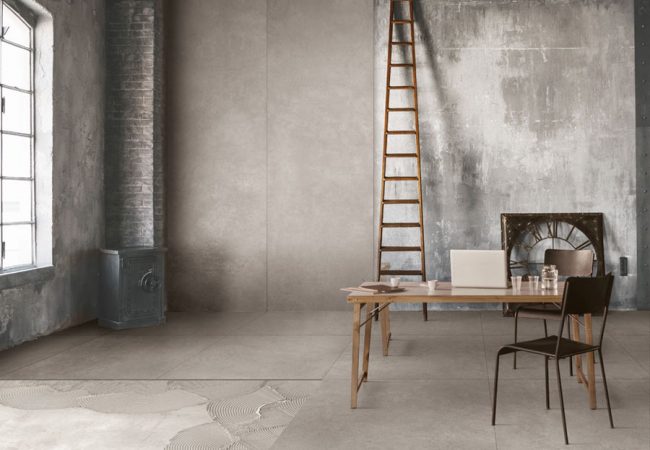
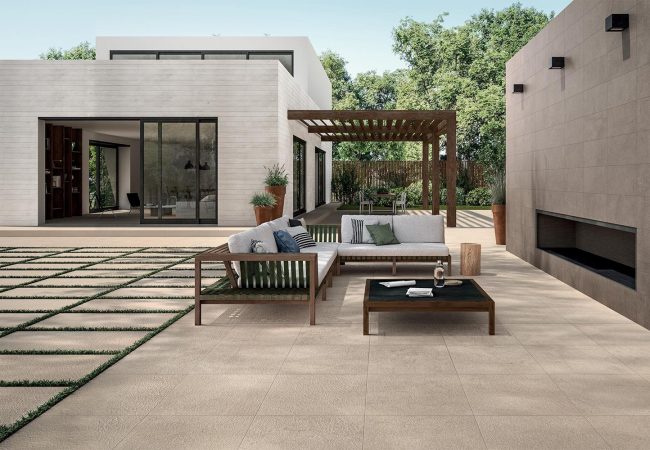
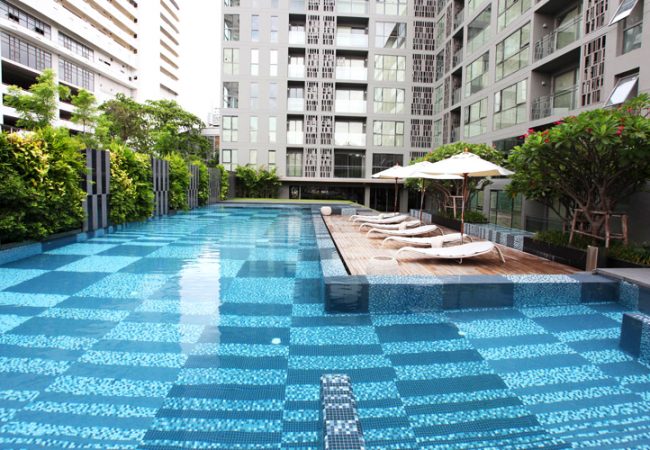
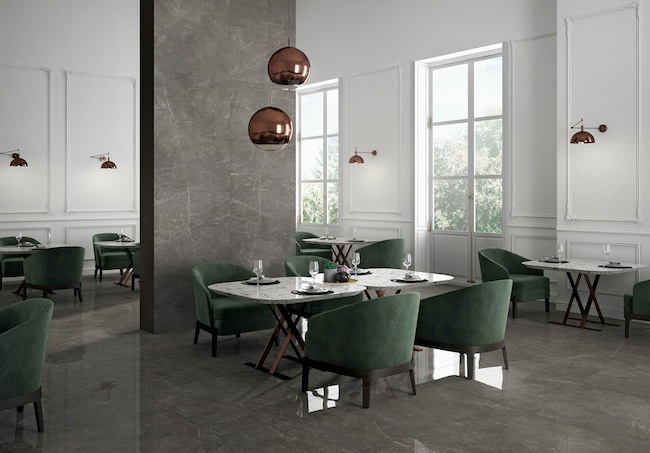
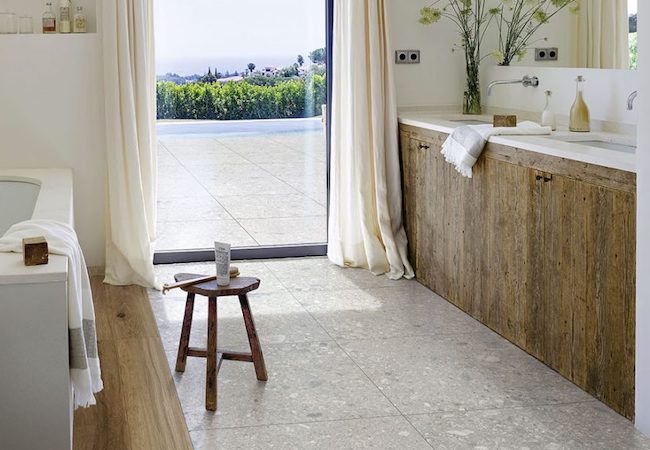
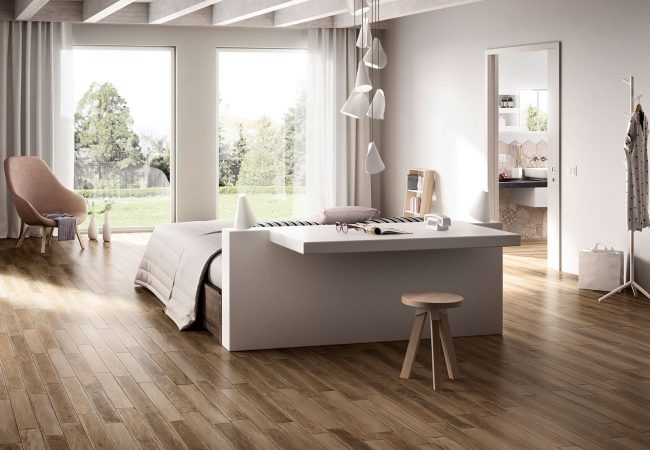
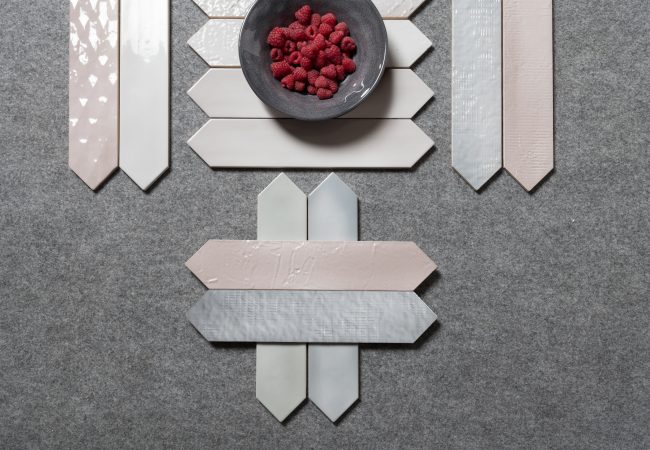
Long Weekend Trading Hours: Our showroom will be closed from Saturday 29th October and will reopen on Wednesday 2nd November at 9am.